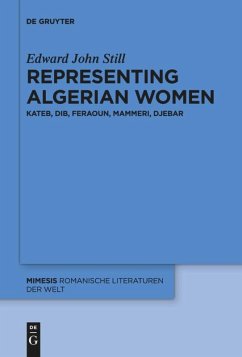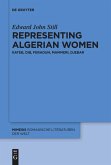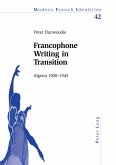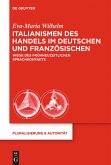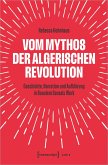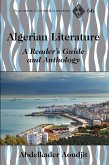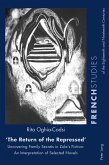This monograph explores the ways in which canonical Francophone Algerian authors, writing in the late-colonial period (1945-1962), namely Kateb Yacine, Mohammed Dib, Mouloud Feraoun, Mouloud Mammeri and Assia Djebar, approached the representation of Algerian women through literature. The book initially argues that a masculine domination of public fields of representation in Algeria contributed to a postcolonial marginalization of women as public agents. However, it crucially also argues that the canonical writers of the period, who were mostly male, both textually acknowledged their inability to articulate the experiences and subjectivity of the feminine Other and deployed a remarkable variety of formal and conceptual innovations in producing evocations of Algerian femininity that subvert the structural imbalance of masculine symbolic hegemony. Though it does not shy from investigating those aspects of its corpus that produce ideologically conditioned masculinist representations,the book chiefly seeks to articulate a shared reluctance concerning representativity, a pessimism regarding the revolution's capacity to deliver change for women, and an omnipresent subversion of masculine subjectivity in its canonical texts.

